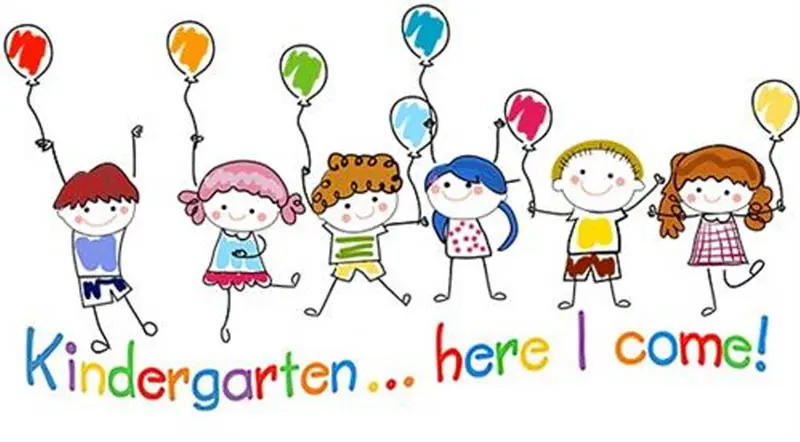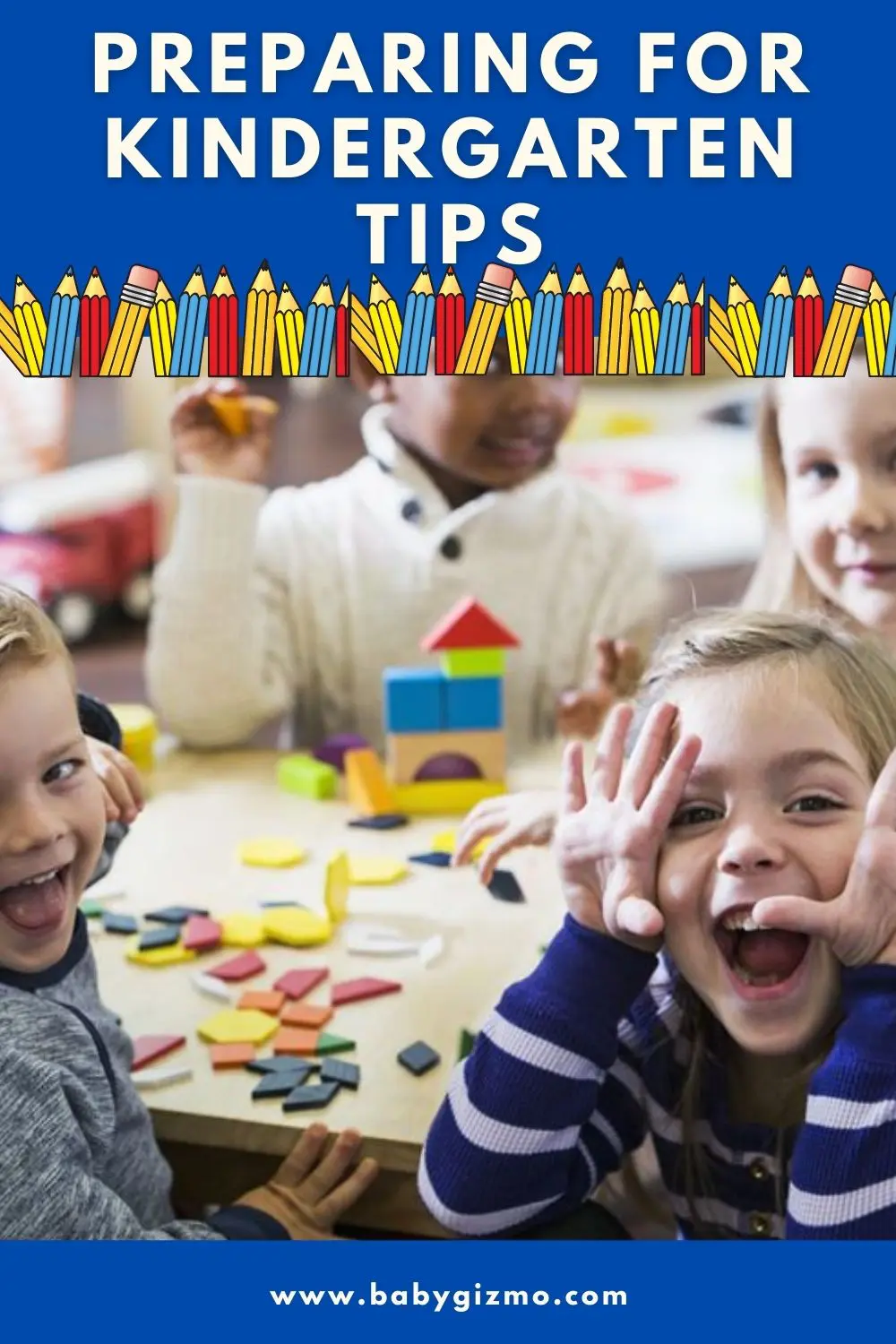Oh god oh god oh god oh god. Kindergarten is almost here, people! I’m excited for the kid and she’s excited, too. But I’m also worried. She went to a cooperative preschool, and although my husband did the co-oping part (trust me, you do not want me in charge of a roomful of little kids), we still had a lot of direct connection with the classroom and school, and lots of communication from and with staff, teachers, and other families in our class.
This isn’t really going to happen going forward and it makes me nervous. The kid also doesn’t do so well without a nap, or at least a scheduled rest time; how is she going to do during a seven- or eight-hour day, five days a week? Preschool was play-based. I’m sure you’ve read the scary articles about the amount of testing in public schools—even in kindergarten.

Is her classroom going to be all work and no play? Will it kill her love of learning and enthusiasm for school? Oy. This is how people get to be helicopter parents. But short of homeschooling her, there’s not much I can do about the fact that it’s kindergarten time, so I may as well work on her (and my) kindergarten readiness.
Here’s some stuff for parents of kindergarteners:
- Go to your school’s kindergarten orientation. You and your child will get a chance to meet the staff and teachers, as well as to tour the school so it’s at least a little bit familiar to your kindergartener when school starts. If you missed the chance to attend orientation, get in touch with the school to see if you can arrange for a tour for you and your child. And be sure to take pictures that you and your child can look at in the weeks before the first day of school.
- Join your school’s parent-teacher association (which may have a different name). It’s a way for you to connect with other families. Don’t freak out; I’m sure they’re not all like Bad Moms.
- If your child hasn’t attended a preschool program, check and see if your school offers a bridge program to help introduce children to a school setting prior to the first day of class.
- Sign up for all communications from your school—and be sure to actually read the information you’re sent. This will keep you in the know regarding pre-school requirements and social activities. Also take some time to read your school’s website for information, like stuff you need to know about uniforms/dress code and school supplies. Better to know before you buy.
Different states and school districts may have somewhat different requirements regarding what your child should know and/or be capable of upon entering kindergarten. Generally speaking, though, social/emotional development is a bit more important than academic skills, as a child who is emotionally and socially ready for kindergarten is more prepared to learn the academic stuff in the classroom.
Here are some ways to prepare your child:
- Expose your child to social situations. Even if you haven’t done much of this in past (introvert parents unite!) you can still check out your local library for fun summer events, take your child to the park or play places, and enroll in a class, camp, or sport. Arrange playdates with current pals, and check with your school to see if there are any summer playdates for your child’s class or grade.
- Talk about kindergarten. Get excited with your child! Point out the school when you drive by. Look at pictures of the school and classrooms if you have them. Read books about kindergarten and the first day of school. If your child’s teacher is in communication with you before school starts, be sure to talk to your child about any information the teacher shares regarding the daily classroom routine. Involve your child in picking out school supplies and shopping for school clothes.
- Develop a routine at home. Have you been letting bedtime slide during the summer? We’ve been traveling the past two and half weeks, so I know we have! Now is the time to reset your schedule and start moving toward going to bed at a time that’s conducive to getting out the door on time for the start of the school day. (And be sure you start getting up at that time, too!) Practice getting dressed, eating breakfast, brushing teeth, packing up bags and lunches, and whatever else your morning routine will entail. If you know what time your child’s lunch and snack breaks will be, incorporate those times into your routine at home. Do the same if your child has a rest period at school. Try to push your child’s regular nap/rest time back until the time they will arrive home from school, and work on taking short naps so the kid isn’t too wired to go to bed on time.
- Encourage independence in your child. Leave yourself enough time to allow your child to dress themselves and get ready to go on their own before you leave the house. Yeah, it takes longer, but they need to know how to use snaps, buttons, and zippers so they can toilet independently at school. Resist the urge to jump in when someone is trying to engage your child in conversation, allow your child to answer questions and chat; jump in only if asked. Allow your child to complete tasks like getting their own snack, pouring drinks, and getting out art supplies on their own.
- Encourage responsibility. Have your child work on cleaning up their own toys and spills; give them age-appropriate chores that they are responsible for completing.
- Practice giving your child two- and three-step directions to ensure they are able to remember and follow these types of instructions.
- Worried about those academics? Read with your child every day. Sing rhyming songs and do fingerplays. Play and listen to music together. Incorporate reading and writing (or pre-reading and pre-writing) skills into your everyday fun: encourage your child to find letters or numbers on signs when you’re out, have your child write a grocery list with you when you go shopping (mine can’t read or spell anything other than her own name, but she can write letters that I dictate or copy words I write, so we do that), count out the number of items you buy as you or the cashier scan them, etc.
I’m betting no one—kids or parents—is ever 100% ready for kindergarten, so don’t panic! But if you take the time to do a bit of preparing, that first day is going to go so much more smoothly. (And your child’s teacher will thank you, too!) Oh, and if you’re still nervous—or you’re just the Boy Scout type and believe in being prepared—check out some other Baby Gizmo posts about kindergarten preparation. Kindergarten here we come!

